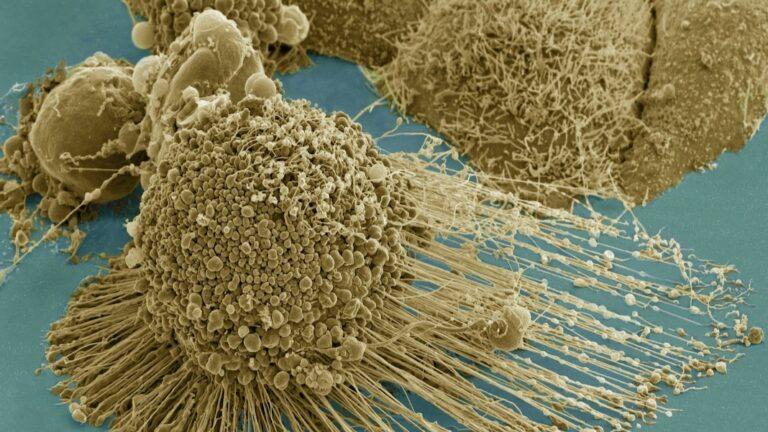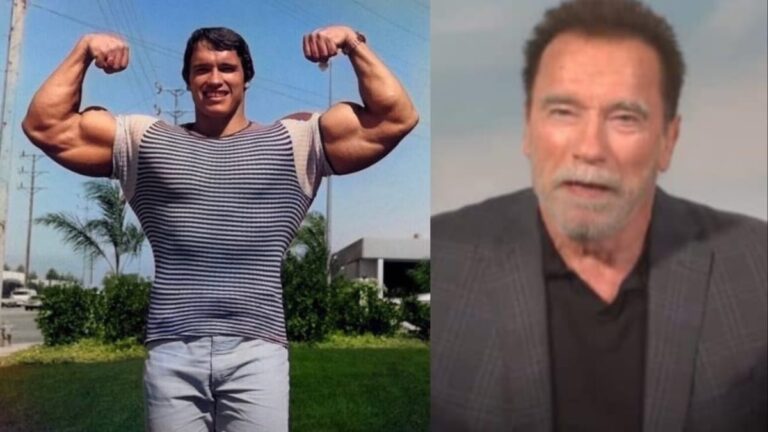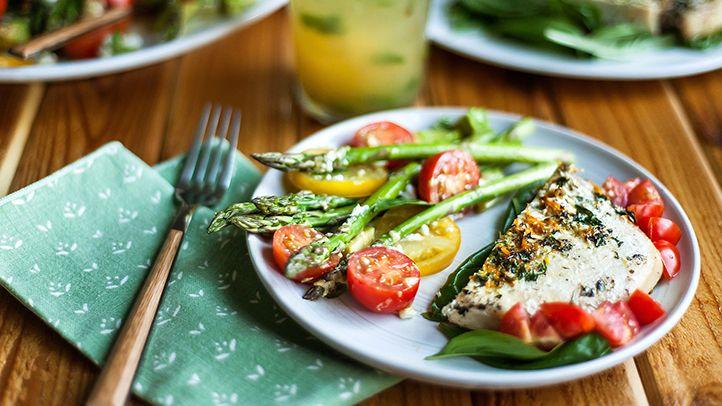
If you find yourself scrolling through social media for ways to kickstart new health routines, you’re not alone. According to data from the online patient community PatientsLikeMe, 11% of Americans surveyed said they refer to social media for health information.
However, while some advice you come across online may seem helpful and trustworthy – and some might even come from doctors, registered dietitians, or other qualified people – often, this isn’t the case.
“[A] lot of times what we see is somebody who did their own weight loss plan or gut cleanse, or cured their own whatever it is, and they try to apply that to everyone…Just because it worked for them doesn’t mean it’ll work for everybody and that’s where it can get really dangerous,” Jen Scheinman, RDN, nutrition affairs manager at Timeline Nutrition, told Healthline. “[They] find intriguing quick fixes that people want to believe, but they aren’t backed by science and can be damaging.”
Diets are often sensationalized on social media to excite people, added Dr. Rekha B. Kumar, associate professor of medicine at Cornell and Chief Medical Officer at Found.
“If it were all unbiased and balanced facts, it would be in a scientific journal and not on social media,” Kumar told Healthline.
While social media can be used as a tool to educate and disseminate information, she added that content “in regards to diets and nutrition might be posted by influencers who don’t always have all the facts, but likely do have some facts.”
Scheinman agreed. She said a lot of diet myths start with a nugget of truth to make them compelling to try.
“That nugget of truth can be exaggerated or misconstrued to then be wise for the population,” she said.
Deciphering between what is factual or not can be difficult. To help ease confusion, we asked health experts to debunk some of the most common nutrition myths being shared on social media.
This content was originally published here.



















